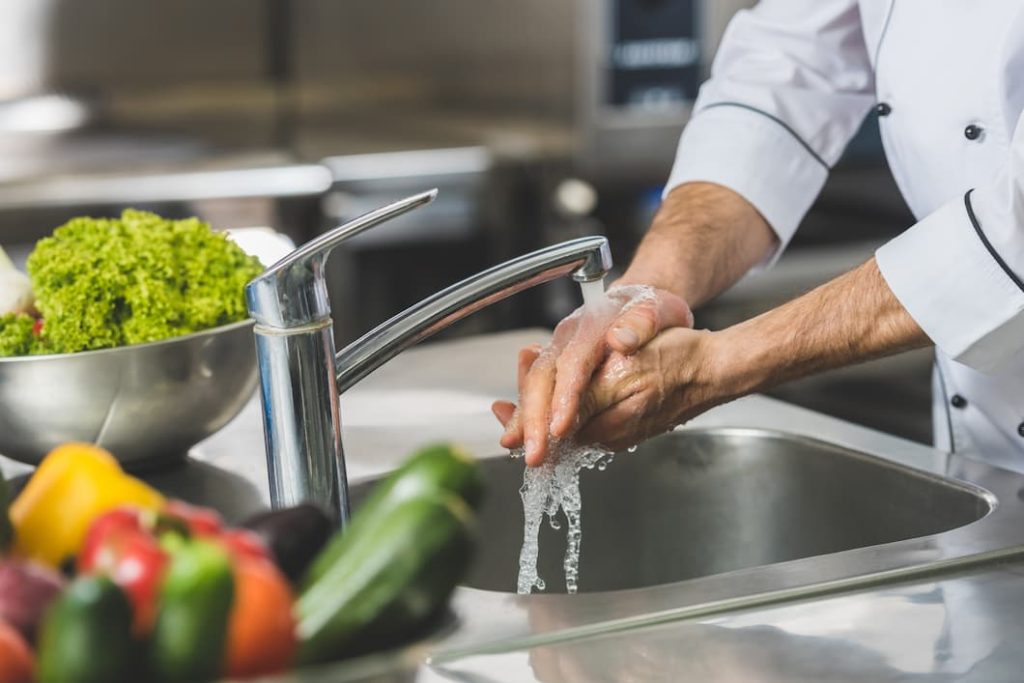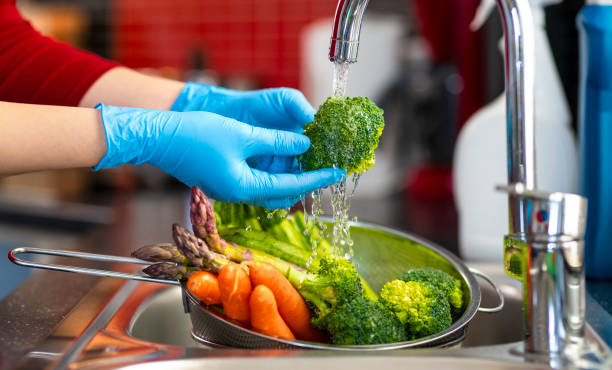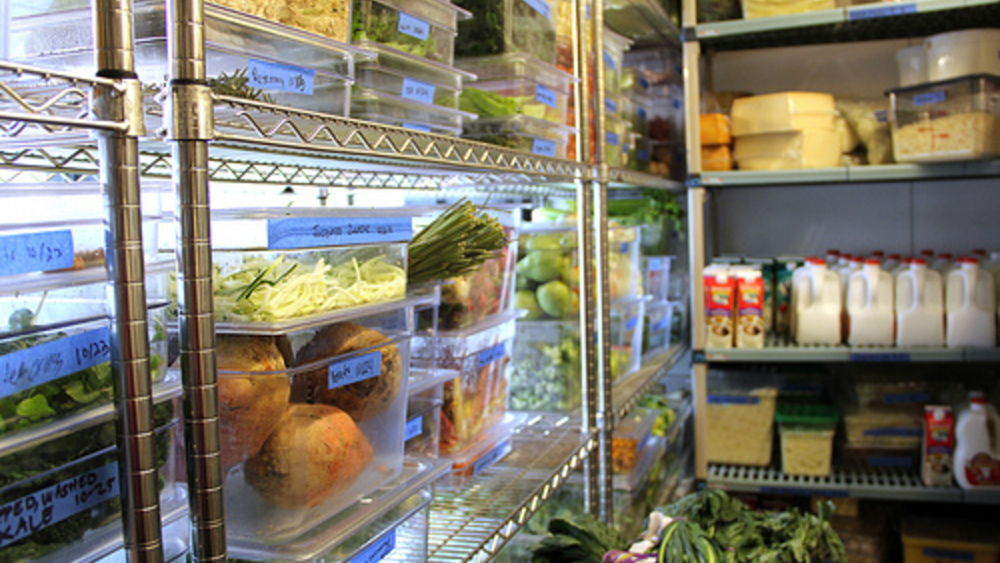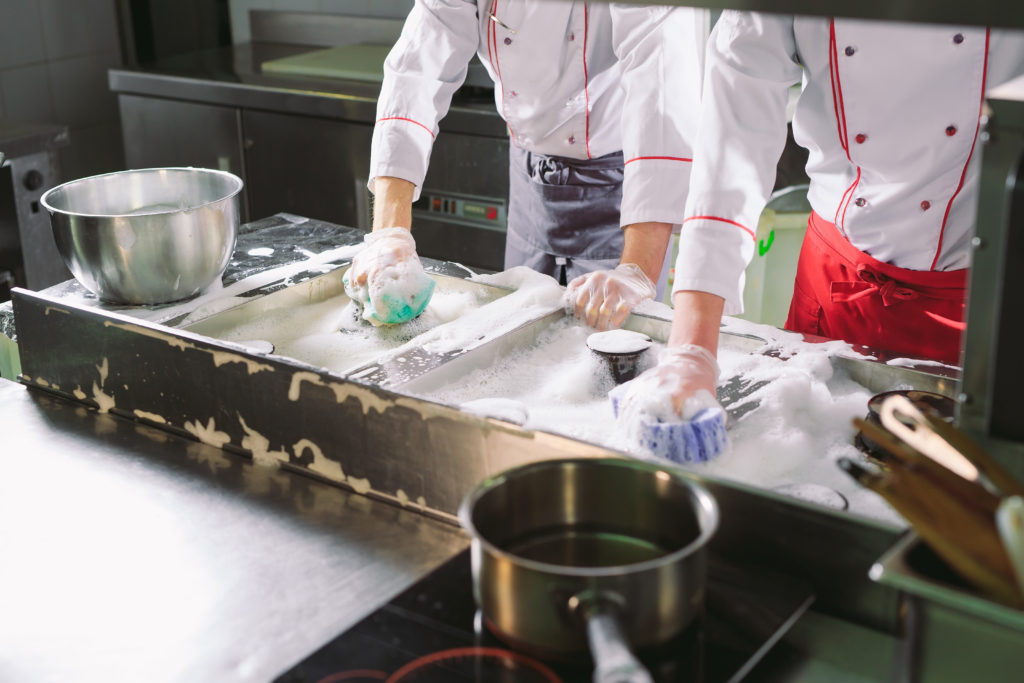As a food industry professional in Singapore, it is crucial to maintain high standards of food safety to prevent the spread of foodborne illnesses and ensure the safety of your customers. Completing a food hygiene certificate and safety course can give you the necessary knowledge and skills to maintain food safety.
In a Level 1 Food Safety Course, five key topics are critical for food industry professionals.
1. Good Personal Hygiene
Firstly, good personal hygiene is emphasized in part one, as it is the first line of defence in preventing foodborne illnesses.
You will learn about the significance of hand washing procedures, working only when in good health, and the Environmental Public Health (Food Hygiene) Regulations, which sets the standard for food safety in your establishment.

Source: fooddocs
2. Using Safe Ingredients
Part two focuses on using safe ingredients and cleaning and washing food as required. You will learn to identify safe and wholesome food ingredients and prevent contamination during food preparation.

Source: istockphoto
3. Handling Food Safely
In part three, you will learn about handling food safely, including the impact of safe defrosting to prevent contamination, cross-contamination and considerations for handling high-risk and ready-to-eat food.
The course also covers the importance of maintaining food hygiene during transportation and Environmental Public Health (Food Hygiene) Regulations, including separating and labelling meat grinders used for processing mutton, pork, and beef.

Source: foodlogistics
4. Storing Food Safely
Part four of the course focuses on storing food safely and how temperature affects the growth of germs in food. You will learn the importance of holding and storing food at proper temperatures, maintaining suitable storage conditions, stock rotation, and the first expires, first out (FEFO) system.
The course also covers Environmental Public Health (Food Hygiene) Regulations and the importance of storing food products and items used in food preparation and service away from potential contamination sites.

Source: culinaryagents
5. Maintaining Safety
Finally, part five covers maintaining the cleanliness of utensils, equipment, and service/storage areas. You will learn the importance of using correct procedures during cleaning, using clean and safe utensils and equipment to prepare food, and keeping premises clean to prepare food safely.
The course also covers the impact of good refuse management and the importance of effective pest control at food establishments.

Source: clubandresortchef
By completing a Food Safety Course Level 1 and obtaining a food hygiene certificate, you can enhance your food safety practices and advance your career as a food industry professional.
Sign up now to gain the necessary knowledge and skills to maintain food safety, protect public health, and maintain a positive reputation for your establishment in Singapore.



